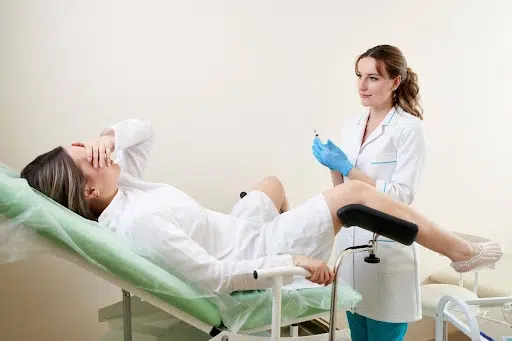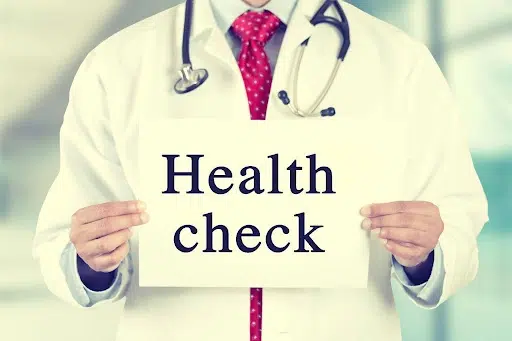The Human Papilloma Virus (HPV) is one of the most prevalent sexually transmitted infections worldwide. With over 200 strains, HPV can be transmitted through skin-to-skin contact and sexual activity, affecting the genitals, anus, mouth, and throat. It is estimated that about 70% of sexually active individuals will contract HPV at some point, often without knowing it.
For women looking for a women’s health clinic near me, understanding HPV and its implications is crucial for preventive care. Scheduling a well woman’s exam near me or an annual wellness visit can help detect and manage HPV-related health risks early on.
Why Does HPV Often Not Cause Symptoms in Women?
Most HPV infections go unnoticed because they are subclinical and benign, with 90% clearing within one to two years. The immune system often eradicates the virus before it causes noticeable symptoms or complications. While low-risk strains may cause genital warts, high-risk strains can lead to abnormal cellular changes that may eventually progress into cervical and other cancers.
What Do Symptoms Indicate About HPV Strains?
- Low-risk HPV (e.g., HPV 6, HPV 11): Typically causes genital warts, which are non-cancerous but can be persistent and require treatment.
- High-risk HPV (e.g., HPV 16, HPV 18/45): Often asymptomatic but linked to cervical, anogenital, and oropharyngeal cancers. Symptoms such as abnormal bleeding or pelvic pain may indicate advanced disease progression.
Common and Lesser-Known Symptoms of HPV in Women
Common Symptoms:
- Genital Warts: Small, flesh-colored or gray bumps that may resemble cauliflower, appearing on the vulva, vagina, cervix, or around the anus.
- Abnormal Pap Smear Results: High-risk HPV strains may not cause visible symptoms but can be detected through cervical screenings.
- Advanced Cervical Cancer Symptoms: Unusual vaginal bleeding, pelvic pain, and abnormal discharge may signal invasive cellular changes.
Lesser-Known Symptoms:
- Itching or Irritation: HPV can cause subtle changes in vulvar skin, leading to mild irritation.
- Bleeding After Intercourse: Though uncommon, persistent postcoital bleeding should be evaluated.
- Unusual Vaginal Discharge: Can indicate cervical abnormalities.
- Oral or Throat Symptoms: Sore throat, hoarseness, or lumps in the mouth or throat may suggest oral HPV.
- Anal Discomfort: HPV in the anal area can cause itching, pain, bleeding, or unnoticed warts.
Tips for Managing HPV Symptoms
- Regular Screenings & Follow-Ups: Scheduling routine well woman’s exams near me is essential for early detection. Cervical cancer screenings and HPV testing can monitor abnormal changes before they become serious.
- Healthy Lifestyle Choices: A strong immune system can help clear the virus. A balanced diet, regular exercise, and stress management can support overall well-being. Avoid smoking and limit alcohol intake, as both can weaken immune defenses against HPV.
- HPV Vaccination: The HPV vaccine can prevent over 90% of HPV-related cancers. The Gardasil-9 vaccine protects against seven high-risk strains and two low-risk strains that cause genital warts. Women up to age 45 can benefit from vaccination, even if they have already been exposed to some HPV types.
Why Annual Wellness Visits Matter
HPV can be a silent threat, making annual wellness visits and routine screenings critical. A women’s health clinic near me can provide comprehensive care, including Pap smears, HPV testing, and vaccination recommendations tailored to individual risk factors.
Take Charge of Your Health Today
HPV-related health issues are preventable with proper screening, education, and proactive healthcare. Book a well woman’s exam near me or an annual wellness visit at a women’s health clinic near me to stay ahead of potential health risks and maintain long-term well-being.
To book an appointment at our Allen, TX office, click here.






